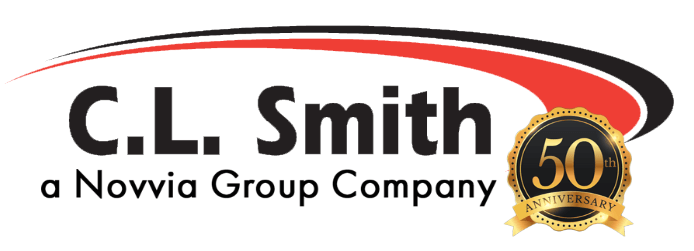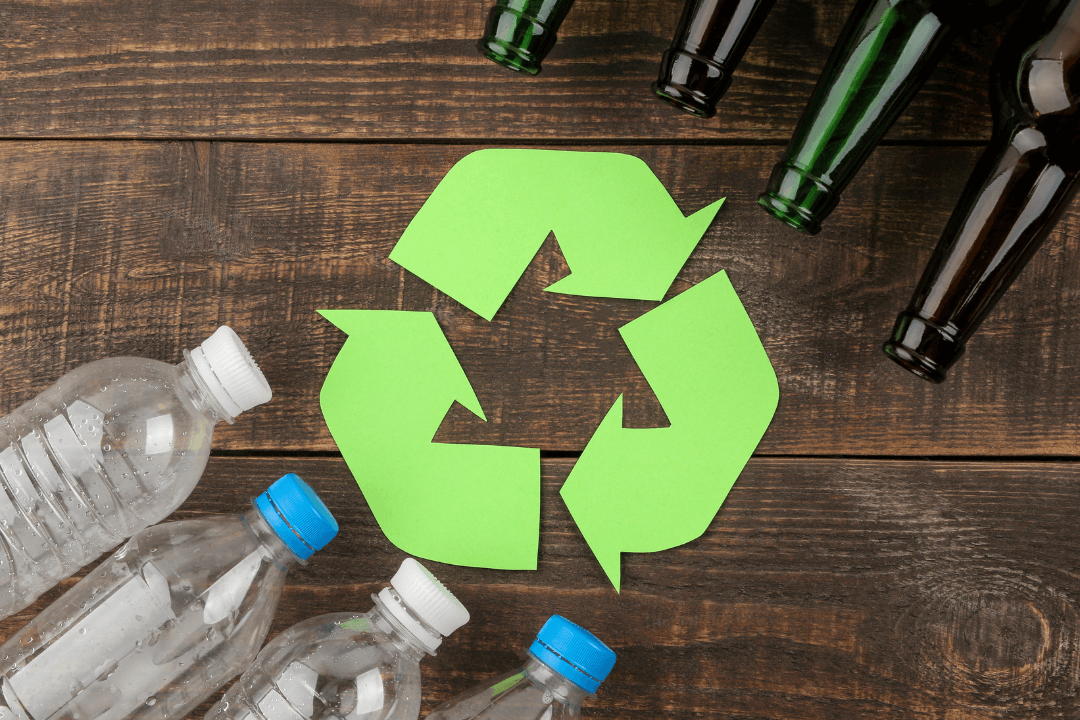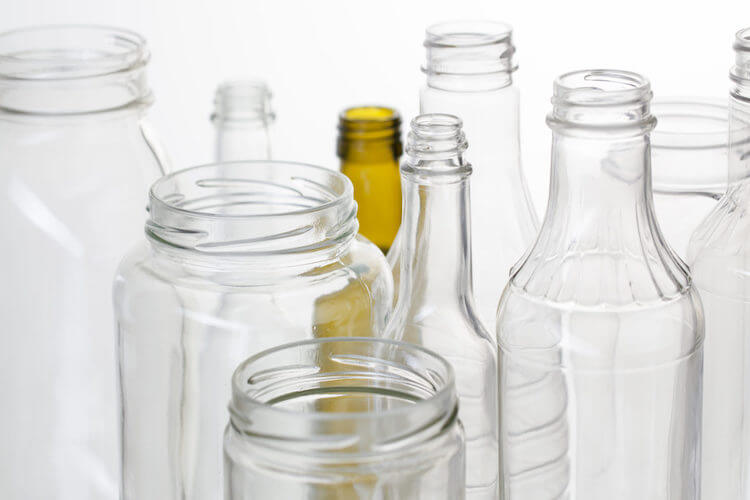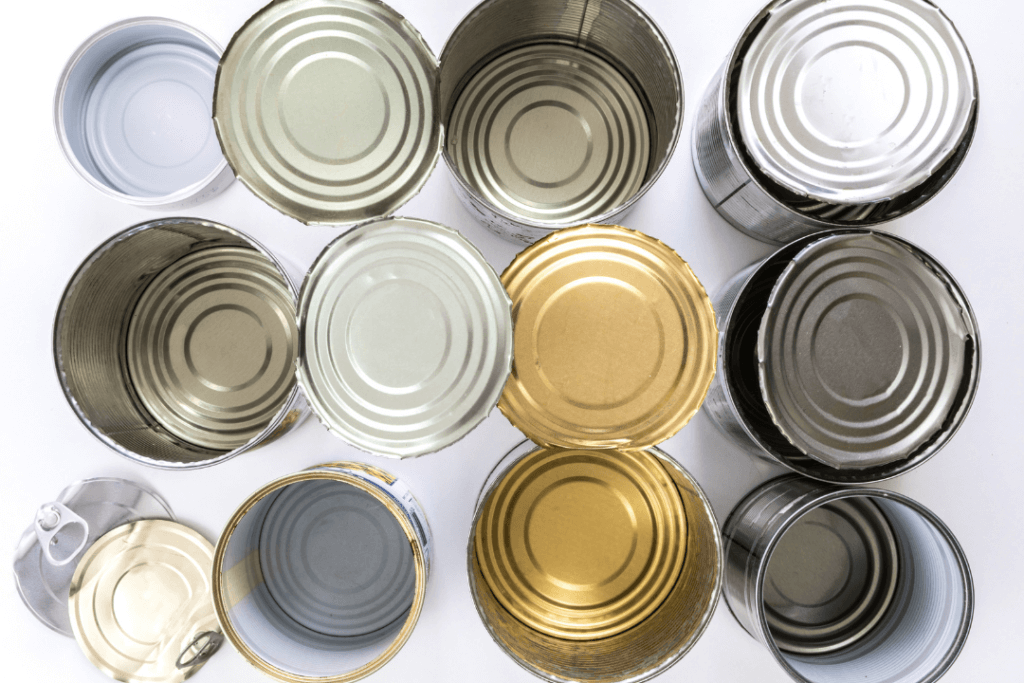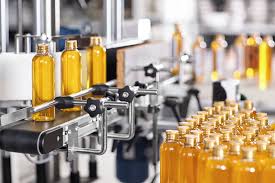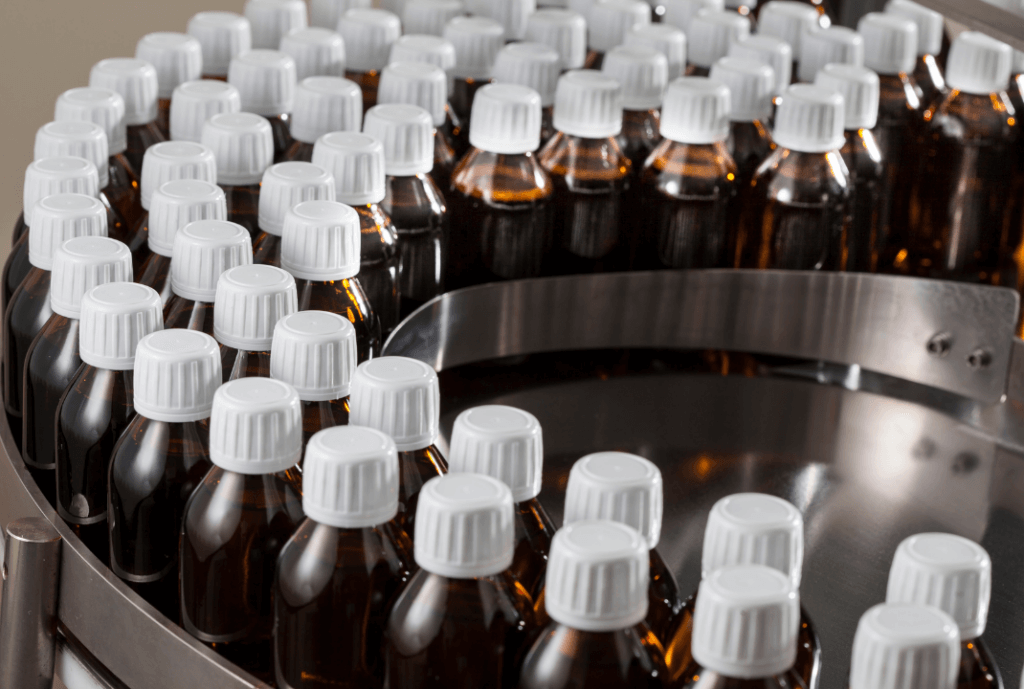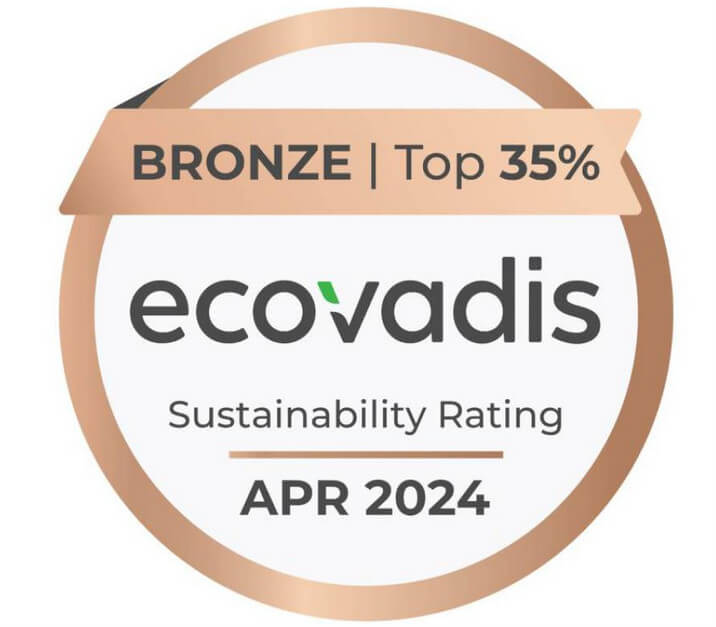When it comes to packaging, the choice between glass and plastic bottles is often a pivotal decision for product managers, packaging engineers, and entrepreneurs. At C.L. Smith, we understand that this choice can greatly impact your product’s success, brand image, and environmental footprint. In this blog post, we will compare glass and plastic bottles across several key factors: sustainability, cost, durability, and product compatibility. By the end, you’ll have a clearer idea of which material is the best fit for your unique needs.
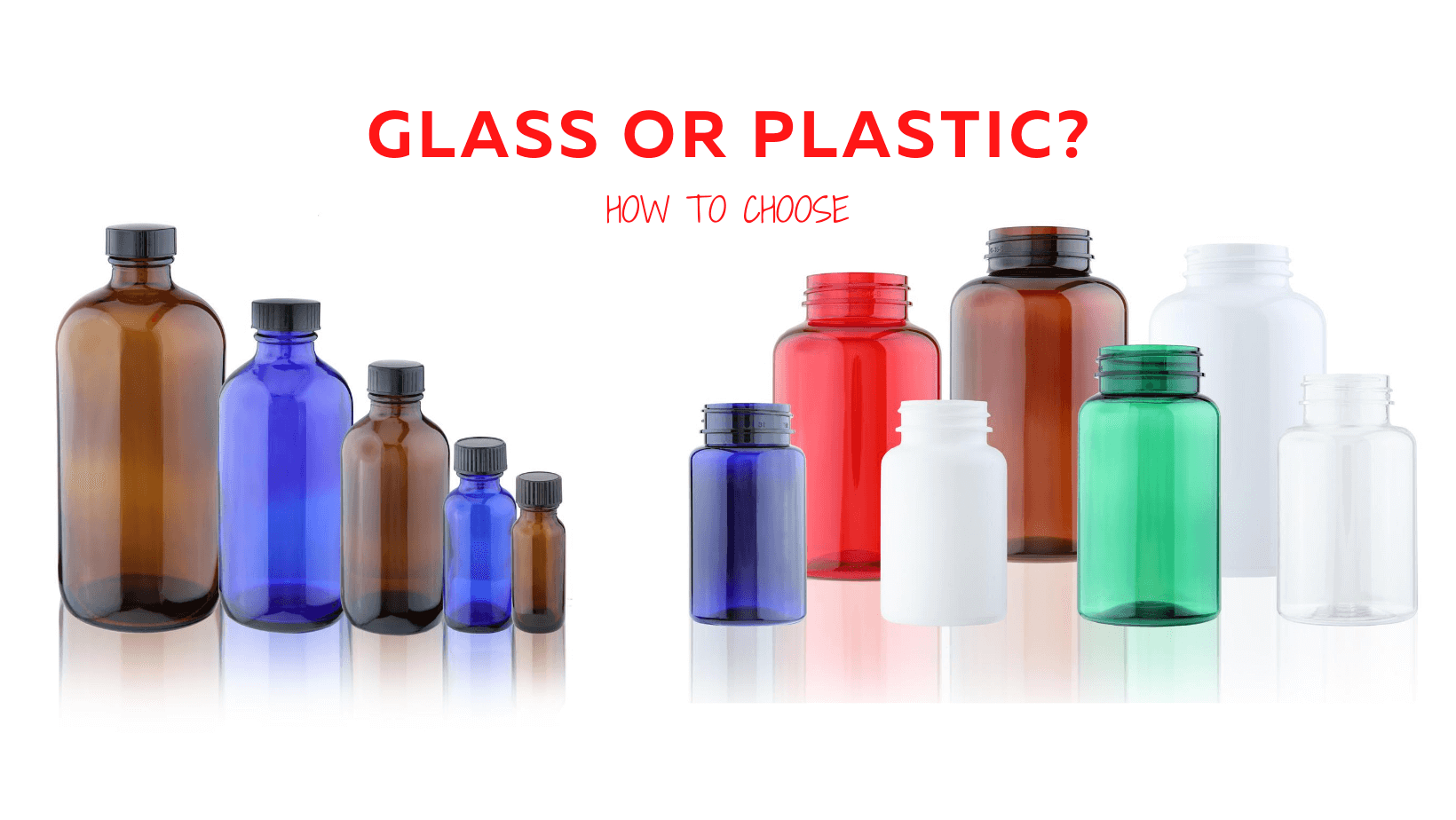 Sustainability: The Eco-Friendly Choice
Sustainability: The Eco-Friendly Choice
In recent years, sustainability has become a crucial consideration for businesses looking to enhance their brand image and appeal to environmentally conscious consumers.
Glass Bottles
Glass is often proclaimed as the more sustainable option. It is 100% recyclable and can be recycled indefinitely without losing quality. Brands using glass packaging, such as those offered by C.L. Smith, can promote a commitment to sustainability that resonates with eco-conscious customers. Additionally, glass production, while energy-intensive, is increasingly becoming greener through the use of recycled materials and renewable energy sources.
Plastic Bottles
Plastic, on the other hand, presents a more complex picture. While many plastics are recyclable, the reality is that a significant percentage ends up in landfills or the ocean often because of collection costs, sorting, and processing plastic bottles, coupled with inadequate infrastructure for recycling. However, advancements in biodegradable and recycled plastic technologies are making this material more sustainable than in the past. For businesses focused on reducing their carbon footprint, C.L. Smith can provide innovative plastic options that align with your environmental goals.
Cost: Budget Considerations
The choice of packaging materials is influenced by the cost of materials, production scale, design complexity, shipping and logistics requirements, environmental impact, and marketability, all of which must be balanced to ensure both economic efficiency and consumer appeal.
Glass Bottles
Generally, glass bottles are more expensive than their plastic counterparts. The cost comes not just from the raw materials but also from higher transportation costs due to their weight and fragility. Additionally, glass bottles require more robust packaging to prevent breakage during transit, further increasing costs. While glass can elevate a product’s perceived value and appeal to eco-conscious consumers due to its recyclability, it’s essential to weigh these benefits against budget constraints. Businesses must consider the higher production and logistical expenses associated with glass, as well as the potential for increased shelf appeal and consumer preference.
Plastic Bottles
Plastic bottles are typically less expensive to produce and transport, making them an attractive option for startups and brands looking to keep costs low. The lower production costs stem from the inexpensive raw materials and efficient manufacturing processes. Additionally, plastic bottles are lightweight and durable, reducing transportation expenses and the need for extensive protective packaging. These cost savings can be crucial for new businesses or those operating on tight budgets. C.L. Smith offers a variety of plastic bottle solutions that can help you achieve budget-friendly packaging without sacrificing quality, ensuring that your products remain competitive and appealing to consumers.
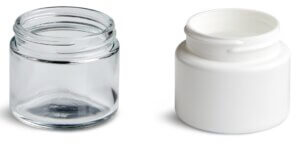 Durability: Handling & Storage
Durability: Handling & Storage
Durability is critical when considering the life cycle of your product. A durable packaging solution ensures that your product remains intact and protected from manufacturing to the end consumer. This reduces the risk of damage during transportation and handling, which can lead to cost savings by minimizing returns and replacements. Additionally, durable packaging can enhance the consumer experience by maintaining the product’s quality and appearance, thereby increasing customer satisfaction and brand loyalty. Investing in durable materials may have higher upfront costs, but the long-term benefits of reduced waste, fewer damages, and improved customer perception can outweigh these initial expenses.
Glass Bottles
While glass offers excellent resistance to chemical reactions and preserves product integrity, it is also more fragile. This fragility can result in breakage during shipping and handling, leading to increased costs and product loss. Additionally, the need for extra protective packaging to prevent breakage can further escalate expenses. If your product requires a long shelf life or is prone to spills, glass may not be the ideal choice due to these vulnerabilities. In such cases, alternative materials like certain plastics or composites might offer a better balance of durability, cost-effectiveness, and product protection, ensuring that your product reaches consumers in optimal condition.
Plastic Bottles
Plastic bottles are more durable and less prone to breakage, making them better suited for products that require extensive handling or transportation. Their resilience allows them to withstand pressure changes and impacts that might shatter glass, ensuring the product remains intact throughout its journey. This durability reduces the risk of product loss and the need for costly replacements, making plastic bottles a practical and cost-effective choice. For brands aiming for a reliable packaging solution, C.L. Smith’s selection of robust plastic options could be the perfect fit, providing both protection and peace of mind
Product Compatibility: What Works Best?
Different products have varying requirements when it comes to packaging. Factors such as product size, shape, fragility, shelf life, and sensitivity to environmental conditions all influence the choice of packaging materials. For instance, perishable goods may need packaging that offers superior barrier properties to maintain freshness, while fragile items require robust protection to prevent damage during transit. Additionally, products with unique shapes might need custom packaging solutions to ensure a secure fit. Understanding these diverse needs is crucial for selecting the right packaging that not only protects the product but also enhances its marketability and meets regulatory standards.
Glass Bottles
Glass is an excellent choice for products that need to maintain flavor and freshness, such as beverages, oils, and perfumes. Its non-porous nature ensures that flavors are preserved without leaching, making it ideal for high-quality brands aiming to present their products in an upscale manner. Glass also offers superior barrier properties, protecting contents from oxygen and moisture, which can degrade product quality. Additionally, the aesthetic appeal of glass can enhance brand perception and attract discerning consumers. C.L. Smith specializes in providing glass bottles that meet these high standards, ensuring your products are both well-protected and elegantly presented.
Plastic Bottles
Plastic bottles excel in versatility, offering options for a wide range of products, from food and beverages to cosmetics and cleaning supplies. They can be engineered to meet specific needs, such as UV protection or enhanced barrier properties, which are essential for preserving the quality and safety of certain products. This adaptability makes plastic bottles a practical choice for various industries. At C.L. Smith, we collaborate with you to find the best plastic solutions tailored to your product’s unique requirements, ensuring that your packaging not only protects but also enhances your product’s appeal.
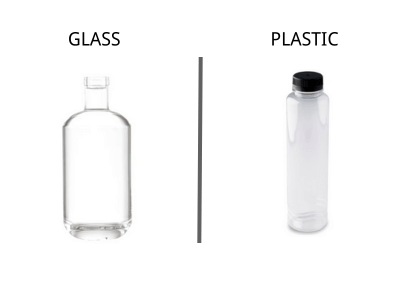 Making the Right Choice for Your Product
Making the Right Choice for Your Product
Ultimately, the decision between glass and plastic bottles should be made by a careful analysis of your product type, budget, and sustainability goals. Glass bottles offer a premium, eco-friendly option that is ideal for products requiring protection from contamination and degradation, such as high-end beverages and perfumes. Their non-porous nature ensures product integrity and flavor preservation. Conversely, plastic bottles provide a cost-effective and durable solution suitable for a wide range of applications, from food and beverages to cosmetics and cleaning supplies. They are lightweight, reducing transportation costs, and can be engineered with specific features like UV protection or enhanced barrier properties. At C.L. Smith, we help you evaluate these factors to choose the best packaging solution tailored to your needs.
At C.L. Smith, we are committed to helping you navigate these choices and find the right packaging solution for your needs. Whether your product is better suited towards glass or plastic, our expertise and diverse offerings can support your brand’s vision while aligning with your business objectives. Reach out to us today to explore how we can assist you in selecting the ideal packaging for your product!
Comments are closed
